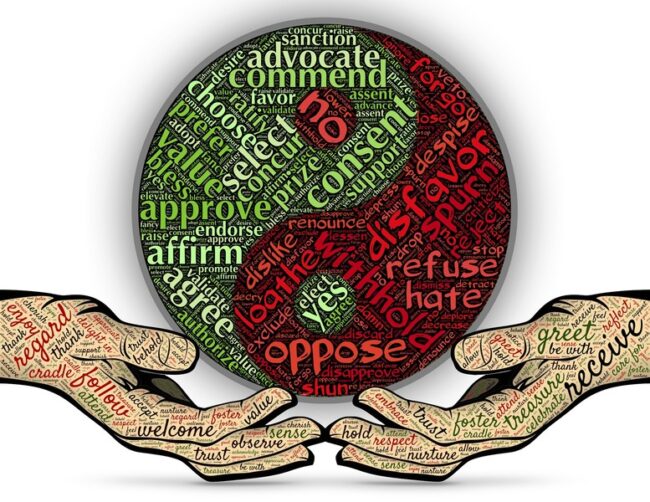Conflict Management. It conjures up all kinds of emotions. Difficult relationships, hardship, long term disputes, I could go on. Yet while some avoid it at all costs, strong leaders welcome it and even encourage it. Why is that? And what can be gained from it?
We believe conflict, handled effectively, unlocks minds, allows innovation, enhances creativity and increases co-operation. What’s not to love?! We also believe it’s an essential ingredient to building strong, high performing teams. In fact, it’s a rite of passage for high performing teams and we believe avoidance can serve as a handicap to those who seek high performance.
One of our favourite models for understanding the place conflict management has in building high performing teams is the Tuckman model, also known as the Tuckman Stages of Group Development, which is widely known, yet often underutilised. Here’s how we see it:
- Differing opinions are a good thing when expressed appropriately and constructively.
- Boundaries are important and should be respected. Obstructive conditions and defensive behaviour are not examples of healthy boundaries.
- Ownership is essential. Consequences are important. Avoidance of conflict erodes both.
- Constant agreement leads to stagnation and complacency, not growth.
- Trust and openness, about the things that will help the team perform, delivered in healthy ways, are the core ingredients for becoming a high performing team.
- A truly aligned, performing team cannot form without the above.
- None of the above is achievable without navigating through differences of opinion and clashing agendas.
- Differences of opinion and clashing agendas are conflicts. This can be positive. What’s negative about conflict is the behaviour that can come with it. Not the conflict itself.
The Leadership Role
If the leader can detach enough to manage conflict issues and engage enough with their people to guide the team through each phase of team development, the team can become more productive, much quicker. And while there may be some disruption when someone new joins the team or someone leaves, a good leader will be able to navigate their team through the new phase, including any conflict that arises and make them stronger for it.
We have found that strong leaders know how to focus their own attention on the goals they want to achieve, have healthy boundaries and strong empathy and diplomatic communication styles. The great news is that this can be trained and developed for leaders and their teams, and there are many tools out there to support them.
If you could use some support to find out what works for your team, we’d love to help by exploring which blend of traditional and bespoke models might work for you. For a no-obligation discussion, get in touch.

